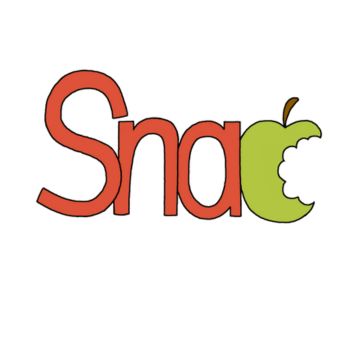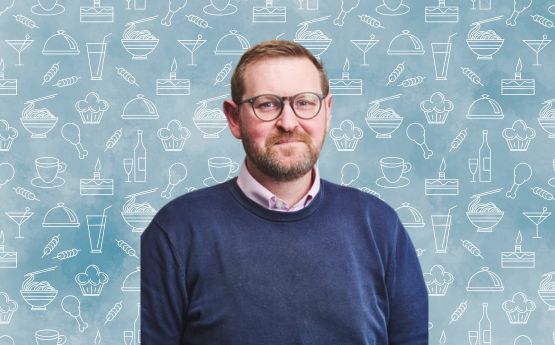Dr Laura Wilkinson is an experimental psychologist with an interest in eating behaviour. She is one of the lead members of the SNAC research group (Swansea Nutrition, Appetite and Cognition).
We spoke to Laura about the shift in diet culture and research into eating behaviour – from calorie control to the move toward nutritional value, super foods and sustainability.
“Towards the beginning of my career, my focus was on understanding eating behaviour to support weight management. However, in recent years this has expanded significantly to consider health from a broader point of view including diet quality, and sustainability.” said Laura.
“Considering these elements from a whole food system point of view is the topic of a new module I am developing for our third-year undergraduate psychology students launching in the 2026/ 2027 academic year.
“In taking a food systems approach, it is imperative that we consider the role of the food industry, and I am passionate about the need for academic researchers to work collaboratively with the industry to transform the food system to better support health and sustainability.”
This, says Laura, is the motivation behind ‘Kaleidoscope’, a joint research endeavour between Swansea University and Twisted Orange Ltd. which was developed initially with support from a UKRI Zinc Catalyst award and is now being supported with a UKRI Zinc Accelerator award (2025).
Kaleidoscope helps food and drink companies make better informed choices when creating new products, especially healthier and more eco-friendly ones. They use new customer research methods to understand what people want, so businesses can avoid costly mistakes and bring successful new ideas to market with confidence.
Laura continues, “A key feature of Kaleidoscope has been utilising creative-tasks, virtual reality, eye tracking, visual focus groups and consumer testing to avoid ready-made, learned or stereotypical responses to food products. These methods elicit rich insights that can be used to encourage the consumer to make healthy, sustainable food choices.
“We have recently used the Kaleidoscope creative methodologies as part of a collaborative Open Innovation Research Club (OIRC) Innovate UK project with Cleobury PM, Phytoquest and Twisted Orange, to look more closely at nettles; a plant that provides numerous health benefits.
“From a consumer perspective, the use of nettles as a culinary ingredient has become less popular in recent years and we were interested to understand consumer perceptions of nettles both as an ingredient and as a supplement in food. Through the studies we found that consumers had many ideas of how they might incorporate nettle powder into dishes.”
Indeed, foods that have fallen out of favour is a particular area of interest within Laura’s research group, with Research Associate, Tennessee Randall conducting her PhD research on perceptions of consuming offal.
Laura said, “Consumption of offal offers nutrition, sustainability and cost saving benefits for consumers yet is considerably less popular now than it was years ago. Tennessee’s research has highlighted opportunities to increase offal consumption via its incorporation into popular dishes such as spaghetti bolognaise.”
Highly innovative foods and drinks and ensuring that the view of the consumer is considered early in the bioscience innovation journey, is also something that Laura is passionate about.
“Within Swansea University, we have the Centre for Sustainable Aquatic Research and the Natural Products BioHub, which means that collectively we are engaging in fruitful interdisciplinary conversations about how to capitalise on complementary skill sets to benefit the food system and ultimately the consumer.”
For more information on Kaleidoscope, please see https://www.twisted-orange.co.uk/kaleidoscope
For more information on the SNAC group, please see https://snacswansea.wordpress.com/



